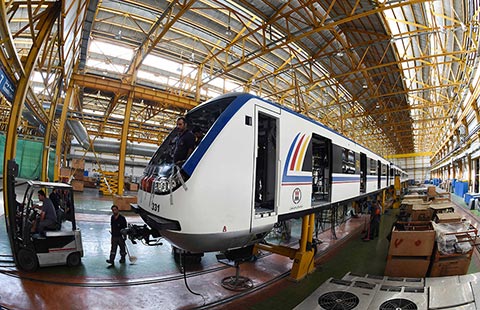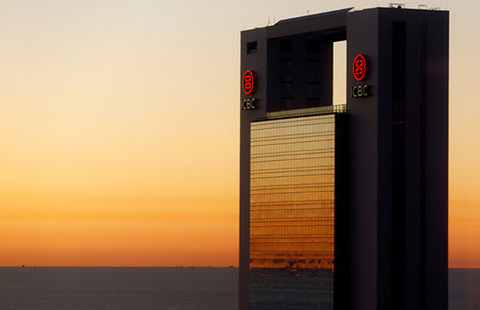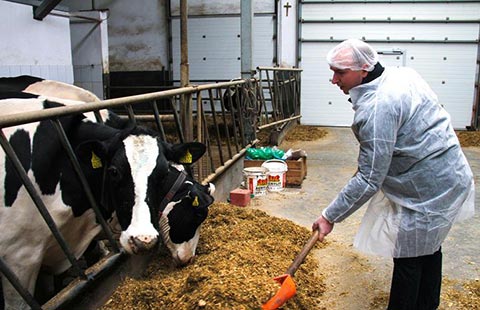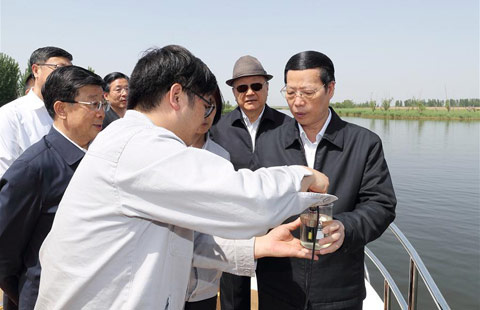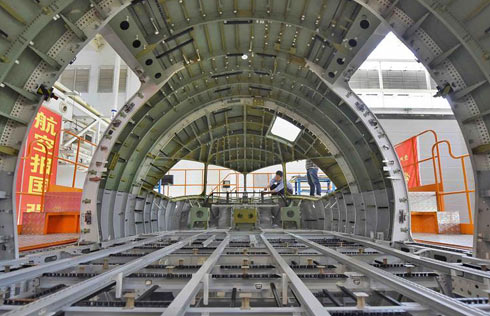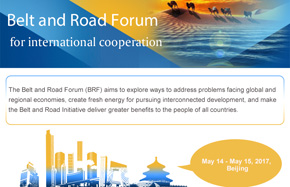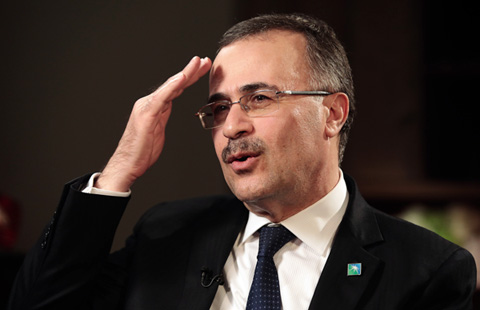Experts call for break-up of SOE monopoly on debt concerns
An even more dangerous trend is that many enterprises have been borrowing foreign currency, particularly US dollars, to take advantage of the plentiful supply of cheap credit.
This could create major problems for them when the Federal Reserve of the United States abruptly ends its monetary stimulation program, called quantitative easing, economists have said - and this could happen sooner than many had expected.
Last week, Reuters cited Charles Evans, president of the Federal Reserve Bank of Chicago, as saying that he expected the Fed to continue full-speed ahead with its bond-buying program - called quantitative easing - throughout the summer but end it abruptly in the autumn if the jobs market improves by then.
Analysts have long noted that the servicing costs for such high levels of debt, even at preferential rates, present a severe drag on the earning potential of SOEs.
For instance, China Petrochemcial Corp (Sinopec Group) issued 80 billion yuan's worth of bonds in 2012, a 1,500 percent rise year-on-year, which made Sinopec Group the largest issuer of bonds last year.
Sinopec's gross debt grew to 718.7 billion yuan, 81.5 billion yuan more than the year before.
To lower its financing costs, Sinopec borrowed low-cost short-term dollar loans last year, which added another 30.8 billion yuan of loans to the group.
Its results in the first quarter of this year showed that the corporation made total net profit of 15.8 billion yuan in the first three months - up 18.1 percent year-on-year, but down 32.8 percent compared with the previous quarter.
Basic earnings per share were 0.179 yuan, lower than market expectations of 0.21 yuan.
Compare that performance to its western rivals.
Earnings per share at Exxon Mobil Corp, for instance, reached $2.12 in the first fiscal quarter, 72.5 times of that of Sinopec, while earnings per share at Dow Chemical Co reached $0.46 in the first fiscal quarter, almost 15 times of that of Sinopec.
Zhang Qi, a senior analyst at Haitong Securities Co Ltd in Shanghai, said that investors should not be too disheartened as the less-than-stellar performance of China's SOEs - many of which are in iron and steel, shipbuilding and heavy chemical industries - is largely a result of global price fluctuations for bulk commodities.
"There have been production difficulties for the entire manufacturing industry over the past two years," said Zhang.
"In addition, SOEs have taken on the heavy burdens of larger workforces and the replacement of machinery.
"Issuing bonds overseas will help facilitate their overseas operations, where the renminbi is not commonly used."




